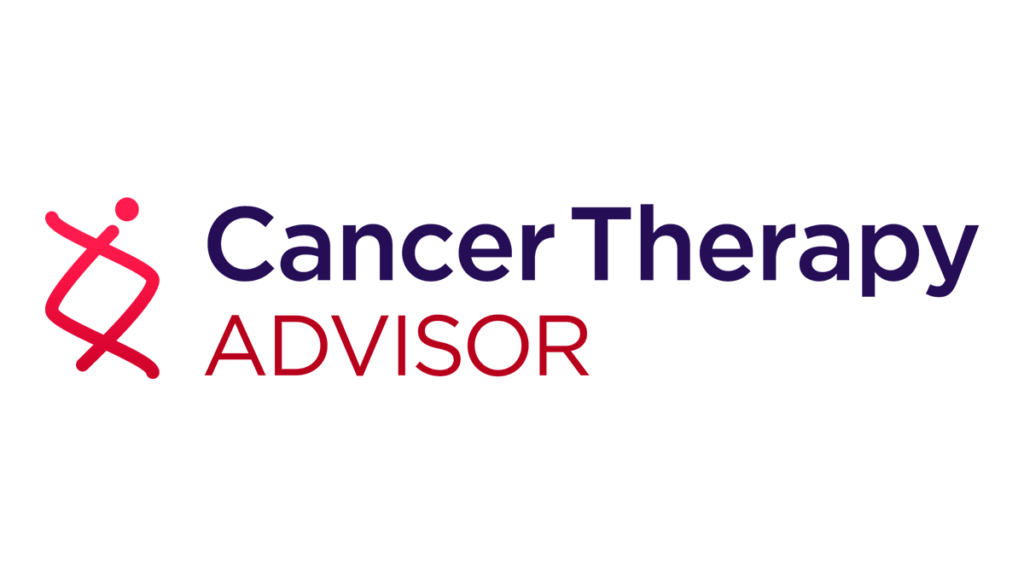
The American Society of Clinical Oncology has updated evidence-based recommendations for stage IV non-small cell lung cancer treatment, incorporating recent clinical trial data on targeted therapies. These guidelines provide distinct approaches for patients with and without driver mutations, with recommendations graded by evidence quality.
⚕️Key Clinical Considerations⚕️
- HER2-overexpressing (IHC 3+) NSCLC patients with good performance status now have trastuzumab deruxtecan as a second-line option, though supported by very low-quality evidence.
- For EGFR exon 19 deletions or L858R mutations, first-line options now include osimertinib plus platinum chemotherapy or amivantamab plus lazertinib (moderate evidence quality).
- Disease progression on EGFR TKIs without T790M mutations warrants platinum-based chemotherapy with/without amivantamab (strong recommendation, moderate evidence).
- Chemotherapy ± anti-VEGF therapy may be considered for adenocarcinoma patients progressing on EGFR TKIs without prior amivantamab/chemotherapy treatment.
- Anti-PD-(L)1 agents are explicitly not recommended for patients progressing on EGFR TKIs (strong recommendation, high-quality evidence).
🎯 Clinical Practice Impact 🎯
- Patient Communication: Discuss new targeted options with patients having driver mutations, emphasizing potential benefits of combination approaches for EGFR-positive disease while managing expectations based on evidence quality.
- Practice Integration: Update practice pathways to incorporate HER2 testing for all NSCLC patients and establish protocols for sequencing therapy after EGFR TKI progression.
- Risk Management: Document reasoning when deviating from strong recommendations, particularly regarding immunotherapy contraindication in EGFR-mutated disease.
- Action Items: Implement reflex molecular testing for all stage IV NSCLC patients; establish clear progression criteria and follow-up imaging protocols for patients on targeted therapies.
More on Lung Cancer
 PATIENT EDUCATION
PATIENT EDUCATION  OBESITY/WEIGHT MANAGEMENT
OBESITY/WEIGHT MANAGEMENT  EXERCISE/TRAINING
EXERCISE/TRAINING  LEGAL MATTERS
LEGAL MATTERS  GUIDELINES/RECOMMENDATIONS
GUIDELINES/RECOMMENDATIONS 